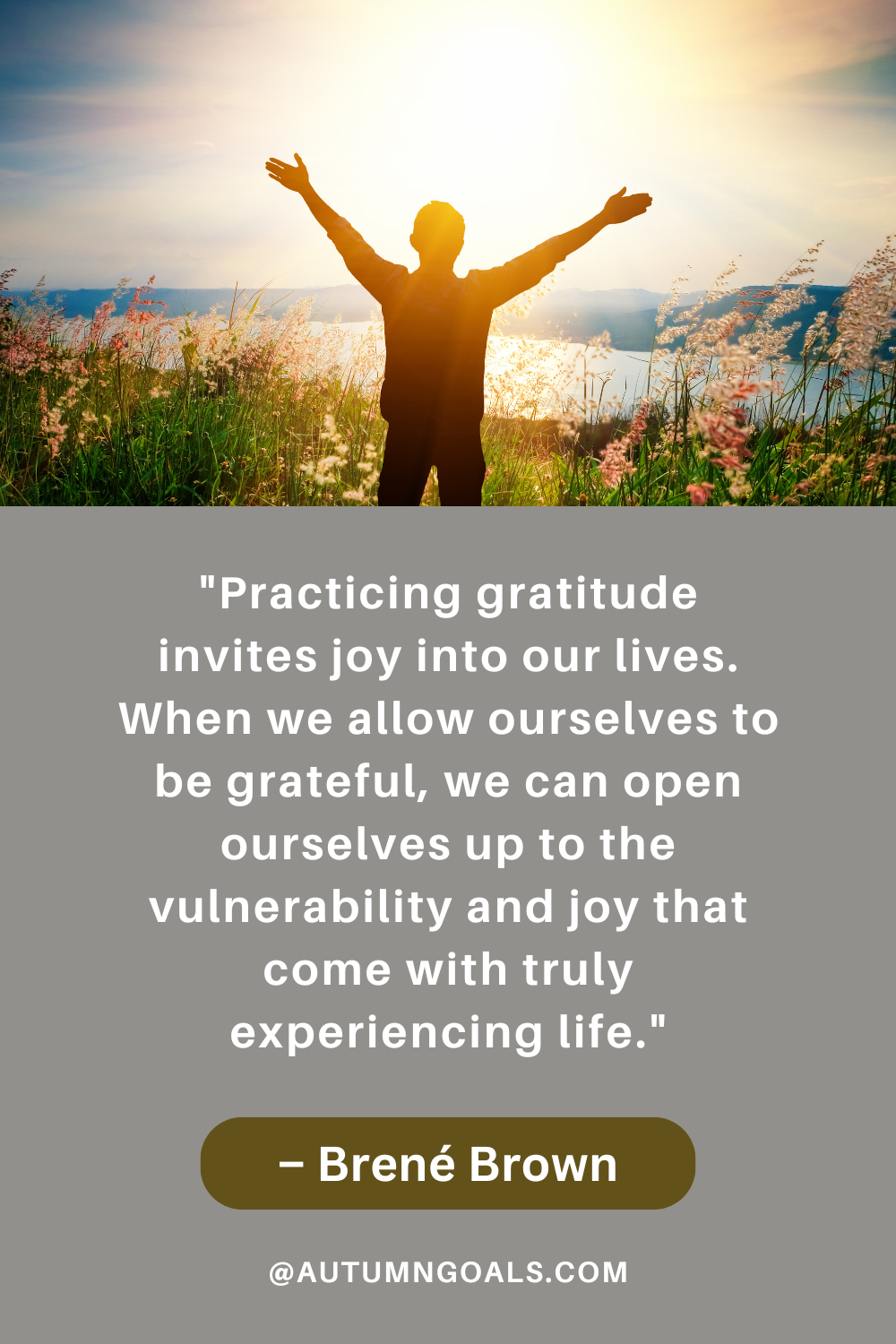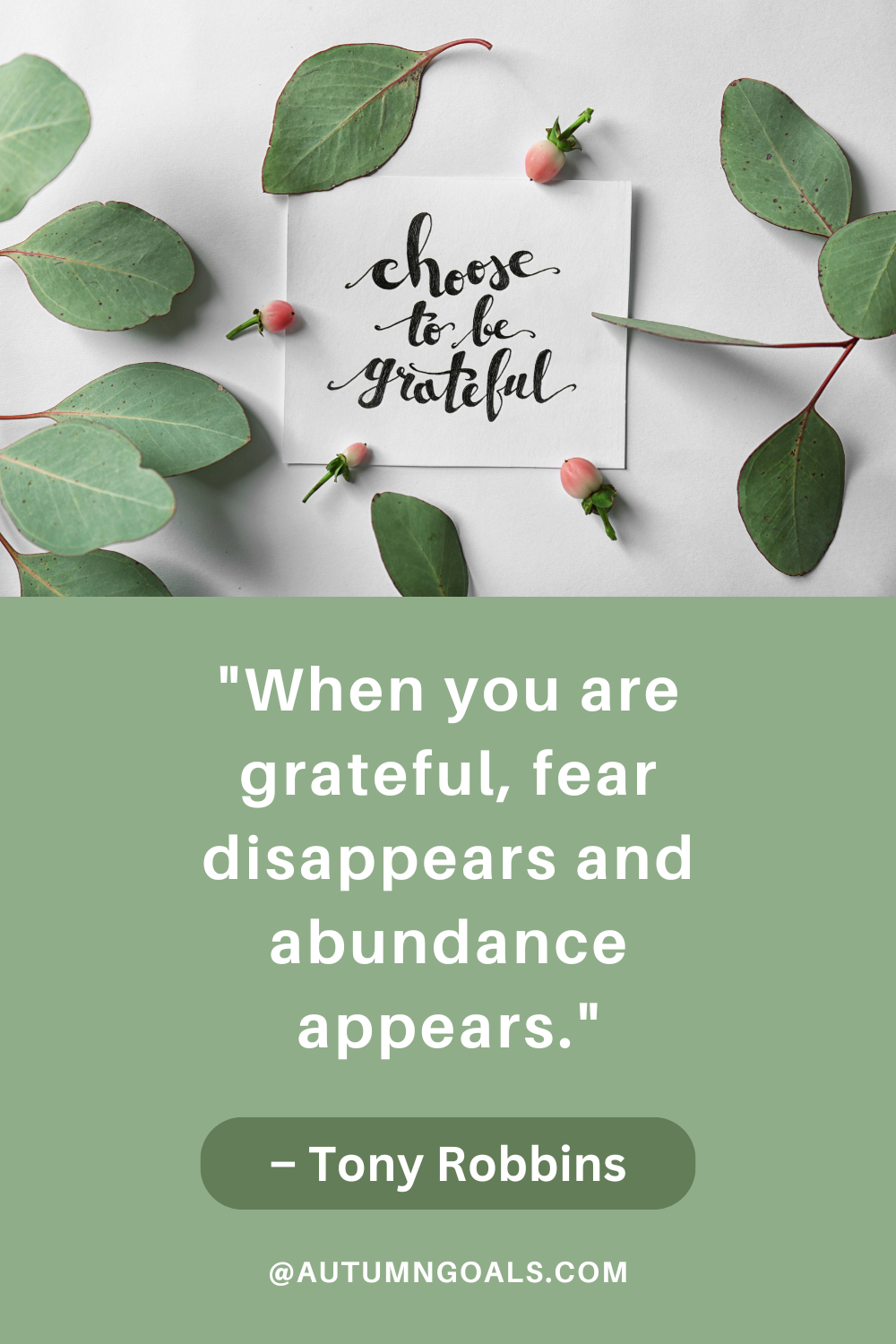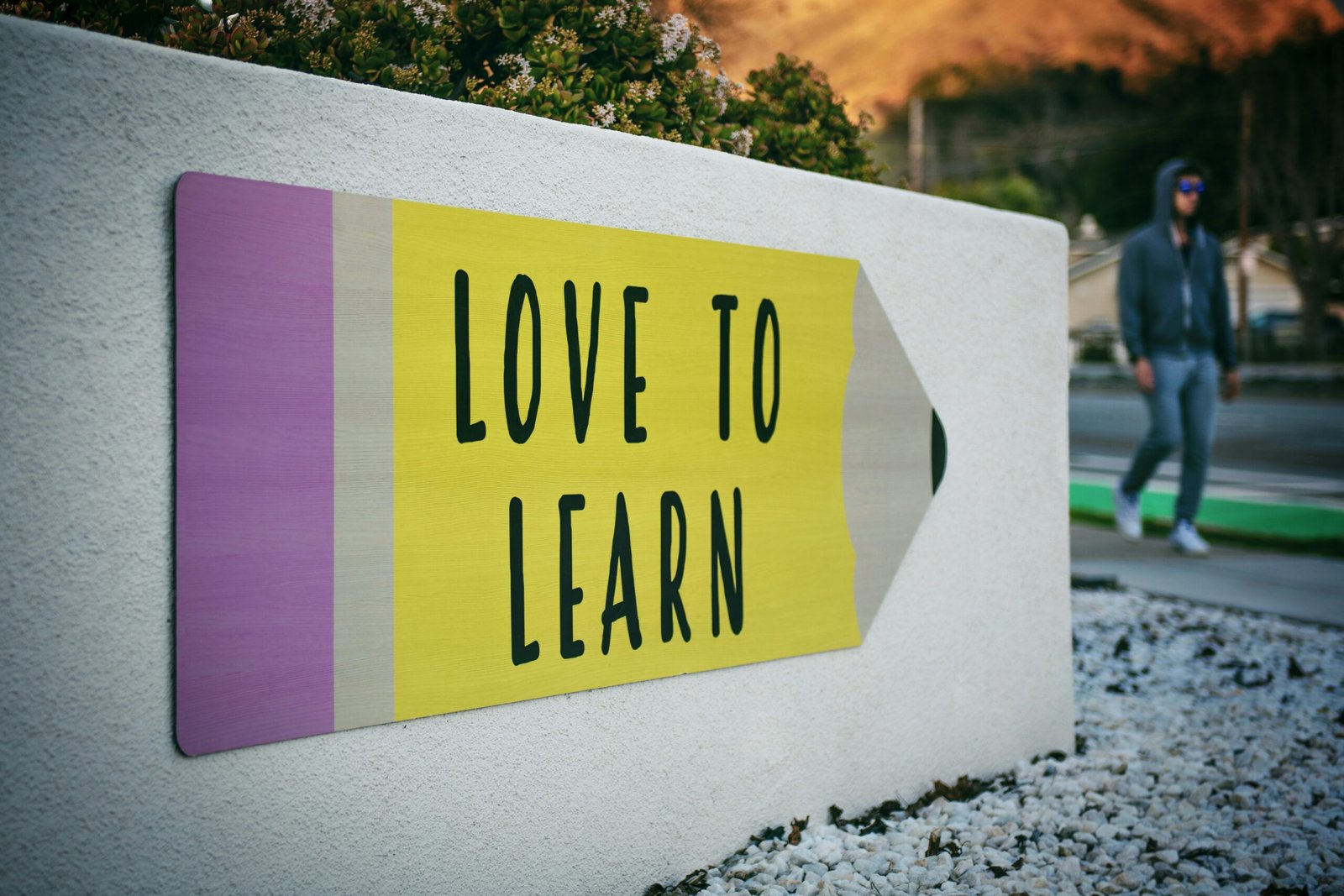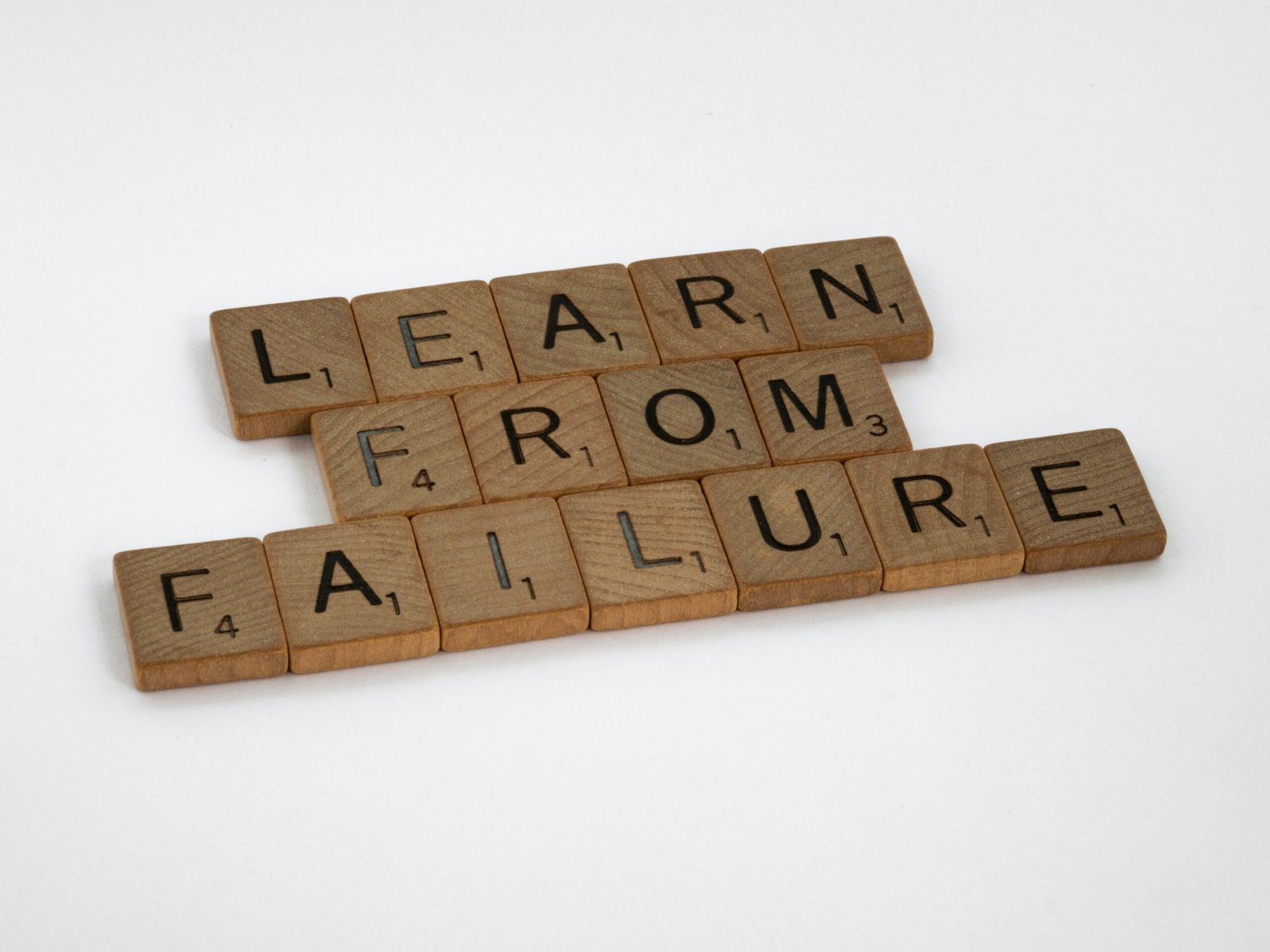The Transformative Power of Gratitude
August 18, 2024 | by autumngoals.com

Be Thankful Photo by Kiy Turk on Unsplash
How Practicing Appreciation Can Improve Your Life
Gratitude is more than just saying “thank you”—it’s a powerful practice that can transform your life. In a world where we often focus on what we lack, practicing gratitude shifts our attention to what we already have, fostering a sense of appreciation and contentment.
This blog post unpacks the importance of practicing gratitude, how it impacts various areas of life, and provides practical steps to incorporate it into your daily routine.
The Science Behind Gratitude
Understanding the Benefits
Gratitude is not just a feel-good concept; it’s backed by science. Research shows that practicing gratitude can lead to many physical, psychological, and social benefits. According to a study published in the Journal of Personality and Social Psychology, people who regularly practice gratitude experience fewer aches and pains, have a stronger immune system, and enjoy better sleep quality. Additionally, gratitude has been linked to lower levels of stress and depression, and higher levels of happiness and life satisfaction.
How Gratitude Affects the Brain
Gratitude also has a profound impact on the brain. Neuroscientific studies have shown that gratitude activates the brain regions associated with dopamine, the “feel-good” neurotransmitter. This activation not only makes us feel happier but also encourages us to continue practicing gratitude, creating a positive feedback loop. Additionally, gratitude practices can enhance the functioning of the prefrontal cortex, the brain area responsible for decision-making and long-term planning.

Practicing Gratitude in Daily Life
Starting a Gratitude Journal
One of the most effective ways to cultivate gratitude is by keeping a gratitude journal. This practice involves writing down three to five things you’re grateful for each day. They can be as simple as a beautiful sunset or a kind gesture from a friend. The key is to focus on the positive aspects of your life, no matter how small they may seem.
How to Get Started
- Choose a Journal: Select a notebook or journal that you enjoy writing in. This will make the practice more appealing. (I also like to use a special pen).
- Set Aside Time: Dedicate a few minutes each day, preferably in the morning or before bed, to reflect on what you’re grateful for.
- Be Specific: Instead of writing general statements like “I’m grateful for my family,” specify what you appreciate, such as “I’m grateful for my sister’s support during my job search.”
Practicing Gratitude Meditation
Gratitude meditation is another powerful tool to enhance your sense of appreciation. This practice involves focusing your mind on the things you’re grateful for while meditating. It’s a simple yet effective way to incorporate gratitude into your mindfulness routine.
Steps for Gratitude Meditation
- Find a Quiet Space: Choose a peaceful environment where you can meditate without distractions.
- Settle into a Comfortable Position: Sit or lie down in a comfortable position and close your eyes.
- Focus on Your Breath: Take a few deep breaths to center yourself.
- Reflect on Gratitude: Think about the people, experiences, and things you’re grateful for. Visualize them in your mind and allow yourself to feel the gratitude deeply.
- Express Your Thanks: Silently express your thanks for each thing you’re grateful for, savouring the positive emotions that arise.
Incorporating Gratitude into Relationships
Practicing gratitude can significantly improve your relationships. By expressing appreciation for the people in your life, you not only make them feel valued but also strengthen your bonds with them.
Ways to Show Gratitude
- Verbal Appreciation: Take the time to thank your loved ones for the little things they do. A simple “thank you” can go a long way.
- Written Notes: Write thank-you notes or letters to express your appreciation. This timeless gesture can have a profound impact.
- Acts of Kindness: Show your gratitude through acts of kindness. Whether it’s helping with chores or surprising someone with their favourite treat, small gestures can make a big difference.
Gratitude in Challenging Times
It’s easy to be grateful when things are going well, but practicing gratitude during tough times can be especially transformative. Focusing on the positive aspects of your life, even during adversity, can help you build resilience and maintain a positive outlook.
Strategies for Finding Gratitude in Difficult Situations
- Shift Your Perspective: Look for lessons and opportunities for growth in challenging situations. Ask yourself, “What can I learn from this?”
- Appreciate the Small Things: Even in difficult times, there are small moments of joy and beauty. Acknowledge and savor these moments.
- Connect with Others: Lean on your support system. Sharing your struggles and expressing gratitude for the support you receive can strengthen your connections and provide comfort.

The Ripple Effect of Gratitude
Enhancing Mental Health
Gratitude has a profound impact on mental health. It can reduce symptoms of depression and anxiety by shifting focus away from negative thoughts and fostering a more positive outlook. By regularly practicing gratitude, you train your brain to notice and appreciate the good in your life, which can lead to sustained improvements in mood and overall mental well-being.
Boosting Physical Health
The benefits of gratitude extend beyond mental health; they also impact physical health. People who practice gratitude tend to take better care of themselves, engage in healthier behaviours, and have stronger immune systems. Additionally, gratitude has been shown to reduce blood pressure and improve heart health, thereby contributing to a longer and healthier life.
Strengthening Social Connections
Gratitude plays an important role in building and maintaining strong social connections. When you express gratitude, you create a positive environment that fosters trust and cooperation. People are naturally drawn to those who appreciate and value them, leading to more meaningful and fulfilling relationships.

Practical Gratitude Exercises
Daily Gratitude Affirmations
Incorporating gratitude affirmations into your daily routine can reinforce a positive mindset. Start your day by affirming statements like, “I am grateful for the abundance in my life” or “I appreciate the love and support of my friends and family.”
The Gratitude Jar
A gratitude jar is a fun and interactive way to practice gratitude with your family or by yourself. Write down things you’re grateful for on slips of paper and place them in the jar. Over time, you’ll accumulate a visual reminder of all the good things in your life. (It’s also an awesome experience to go through those gratitude notes to remind yourself of all of the amazing things you have to be grateful for!).
Gratitude Walks
Take a gratitude walk to immerse yourself in the beauty of nature while reflecting on what you’re grateful for. As you walk, consciously acknowledge the sights, sounds, and sensations that bring you joy and appreciation.
Ready to practice gratitude?
Practicing gratitude is a simple yet powerful way to transform your life. By shifting your focus from what you lack to what you have, you cultivate a sense of appreciation and contentment that enhances your well-being, strengthens your relationships, and improves your overall quality of life. As we journey towards self-improvement and personal development, embracing gratitude can unlock a wealth of benefits, making every day richer and more fulfilling. Remember, gratitude is not just a fleeting feeling but a practice that, when cultivated, can profoundly impact your life.
Let gratitude guide you on your path to a happier, healthier, and more fulfilling life.

RELATED POSTS
View all



